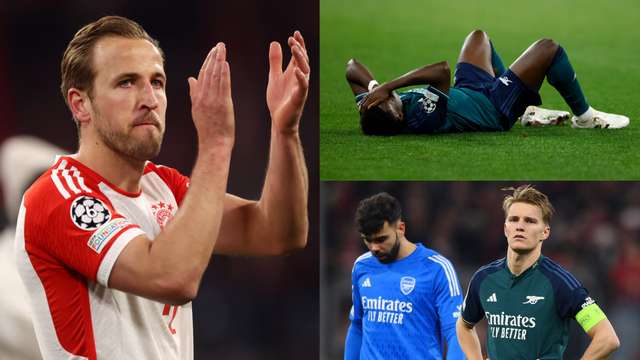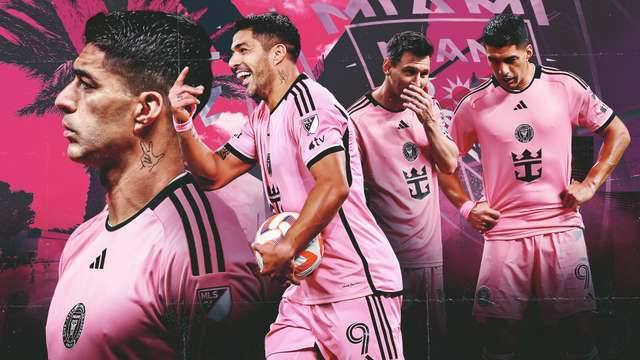The summer of 2016 was perhaps the biggest summer in the history of Portuguese football.
After Eder’s extra-time strike had downed hosts France, Cristiano Ronaldo, one of the greatest players of all time, stood on the podium at the Stade de France with the Henri Delaunay Trophy and thrust it in the air. The Euro 2016 title was Portugal’s.
There was another monumental moment that would happen that summer, though. In the city of Lisbon, at one of the country’s most recognisable and successful clubs. After 21 years of inactivity, Sporting CP revived their women’s team.
If it was not big enough at that time, hindsight certainly shows its impact. The increased investment and, thus, quality at club level helped Portugal qualify for their first ever major tournament, Euro 2017.
A few months later, the most successful Portuguese club of all time, Benfica announced its plans to launch a women’s team. They’ve exploded onto the scene and will compete in the Women’s Champions League group stages this season, facing Bayern Munich on Tuesday evening in what will be another watershed moment for the women’s game in Portugal.
“We broke the barriers,” Raquel Sampaio, Sporting’s former women’s football director who was behind the relaunch of the team, tells Goal.
“In the first year, we were not a full professional team. We were training at 8 o'clock at night and we only had three professional players, I think. We needed to prove that we deserved a place in the club and to be full professional. That year, we won the league and the cup and the next year, of course, the club invested much more.”
Braga, their rivals for those titles, had already turned professional that year. Sporting would join them the following season, with the budget more than trebled for the 2017-18 campaign, in which the club won the treble.
“[That money was] for the whole project, not just the first team,” Sampaio explains. “In the first year, we started with the [senior] team, under-19s and U17s. In the second year, we started the U15s and we had them competing in the men's youth league.
“What I tried to do was involve all the departments of the club, bring them to the project. I think that people looked at the girls as one department. So, what I tried to do is say, ‘No, we are the women's team, we are here and we need all the people to improve the project’. So I had a lot of meetings with all the departments - marketing, media, everyone.
“I got two pages for the women in the newspaper of the club, because we needed visibility at this stage. We created social media to get more fans to come along and get everyone to know [the team], because it was a new thing at Sporting. I made all the girls create a fan page and start to communicate with the fans."
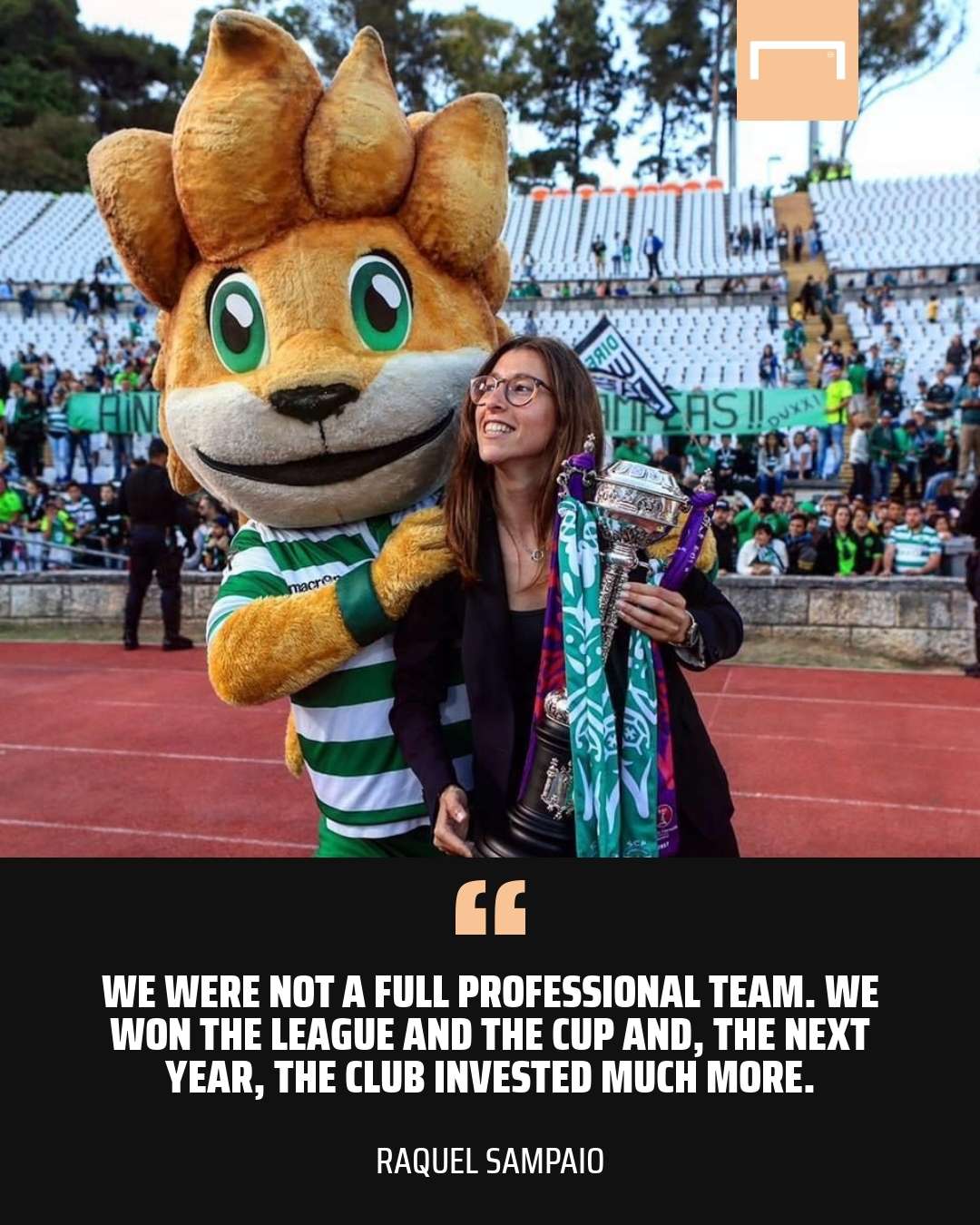 Sporting CP/Goal
Sporting CP/Goal
Sampaio’s efforts included getting 10,000 fans in the Estadio Jose Alvalade to watch the women’s team against Braga - and this work didn’t go unrecognised. The club received an award from the European Club Association as a result of their promotion for the team. “For me, it was a new era in women's football in Portugal,” Sampaio adds.
From the outside looking in, it’s clear to see the steps made since, with there now five professional women’s teams in Portugal. Benfica's qualification to the 16-team group stage is another sign of progress.
The Eagles will take on seven-time Champions League winners Lyon and Swedish side Hacken in the group, as well as Bayern. It's not only a huge opportunity for the club but it could be for the profile of the game in Portugal in general. For that to be the case though, there needs to be support from those on the outside and the visibility to make an impact.
Sampaio is trying to get more of that support in her new role. After leaving Sporting, she has established an agency called Teammate, which provides its clients opportunities to improve in a wide array of methods - which are particularly beneficial to those at clubs that are not yet full-time.
The agency can offer assistance from a personal trainer, a nutritionist, a pro scout, a professional who is dedicated to life after football and even the psychologist that Portugal’s Olympic team took to Tokyo 2020.
“I'm trying to do basically the same that I did in Sporting, but now as an agent,” Sampaio explains. “Help the Portuguese player to be a big star in Portugal or abroad.”
Part of that is encouraging players to fight for what they deserve, too. “We are trying to fight for an equal game,” she adds. “I'm not talking about the salaries, because we are not at this stage. Our national team, when playing the qualifying for the World Cup [against Turkey and Israel in September], took two planes. It's not a direct flight.
“The girls are travelling for one whole day. It's not happened in the senior men's national team or the youth teams. So why is it happening in the women's national team? They did it for the qualifying of the Euros, so why are they not doing it now? It doesn't make sense.
“We are at this stage, fighting for basic things like that. But I think the players need to fight more. They need to talk about it and they don't because they are afraid they won't be called up. I am trying to change something, but the players also need to change their mentality.”
When Sporting emerged five years ago and enjoyed wonderful success, it was a turning point. There was a new view in Portugal about women’s football and more people started to support and invest.
There is hope that Benfica, a club that has created a project which provides its players with everything they could need and more, and its achievements could do similar.
But, as the successes of these two Lisbon rivals shows, the support must be there.
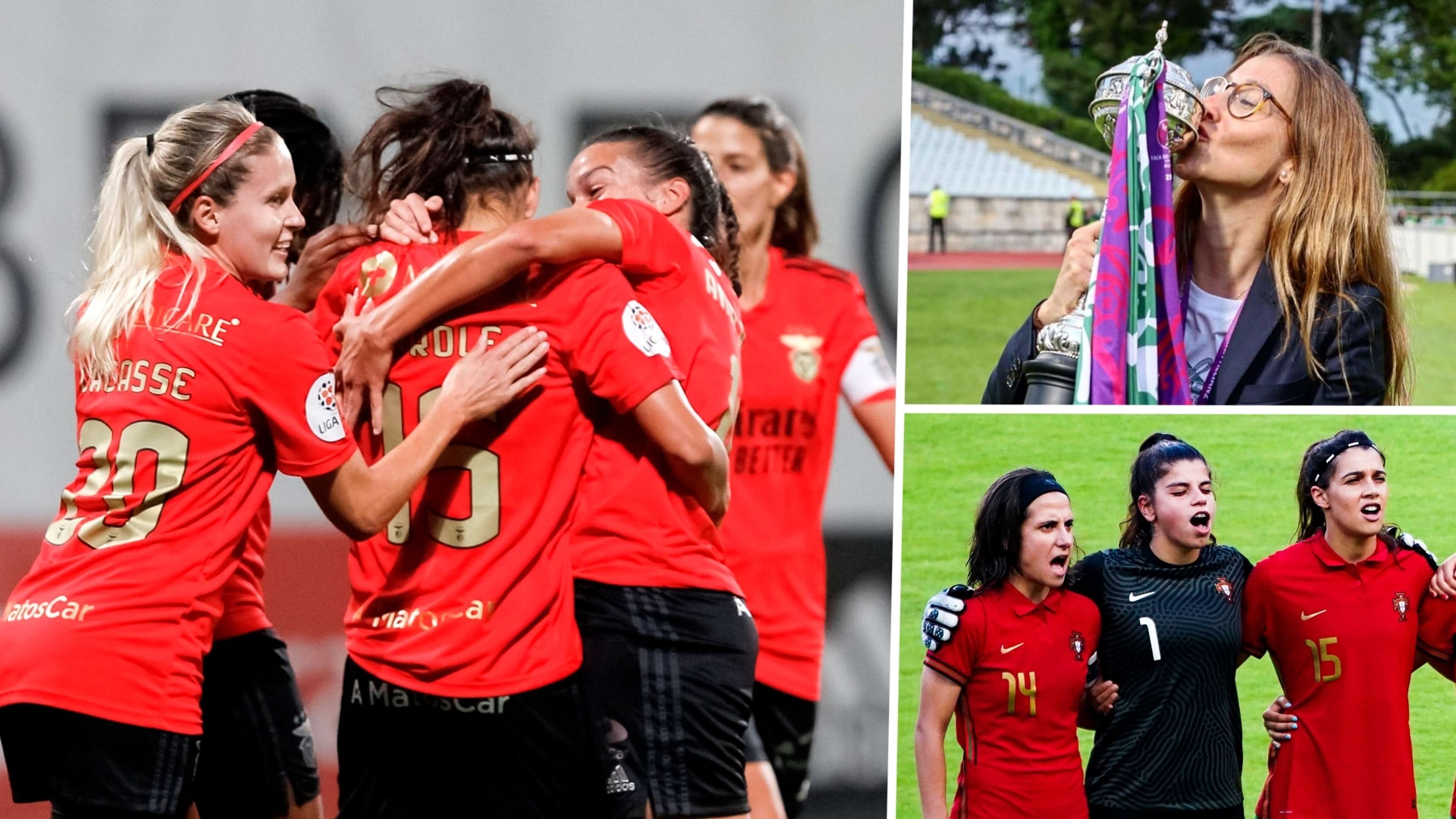
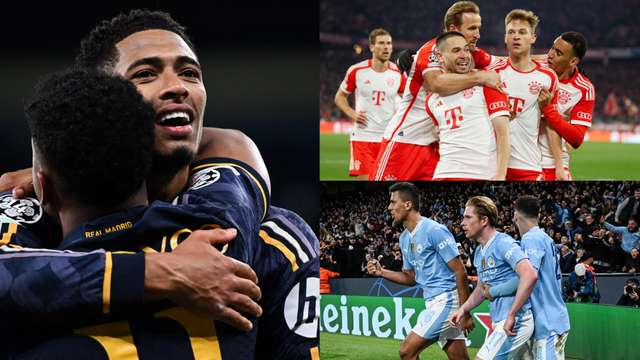
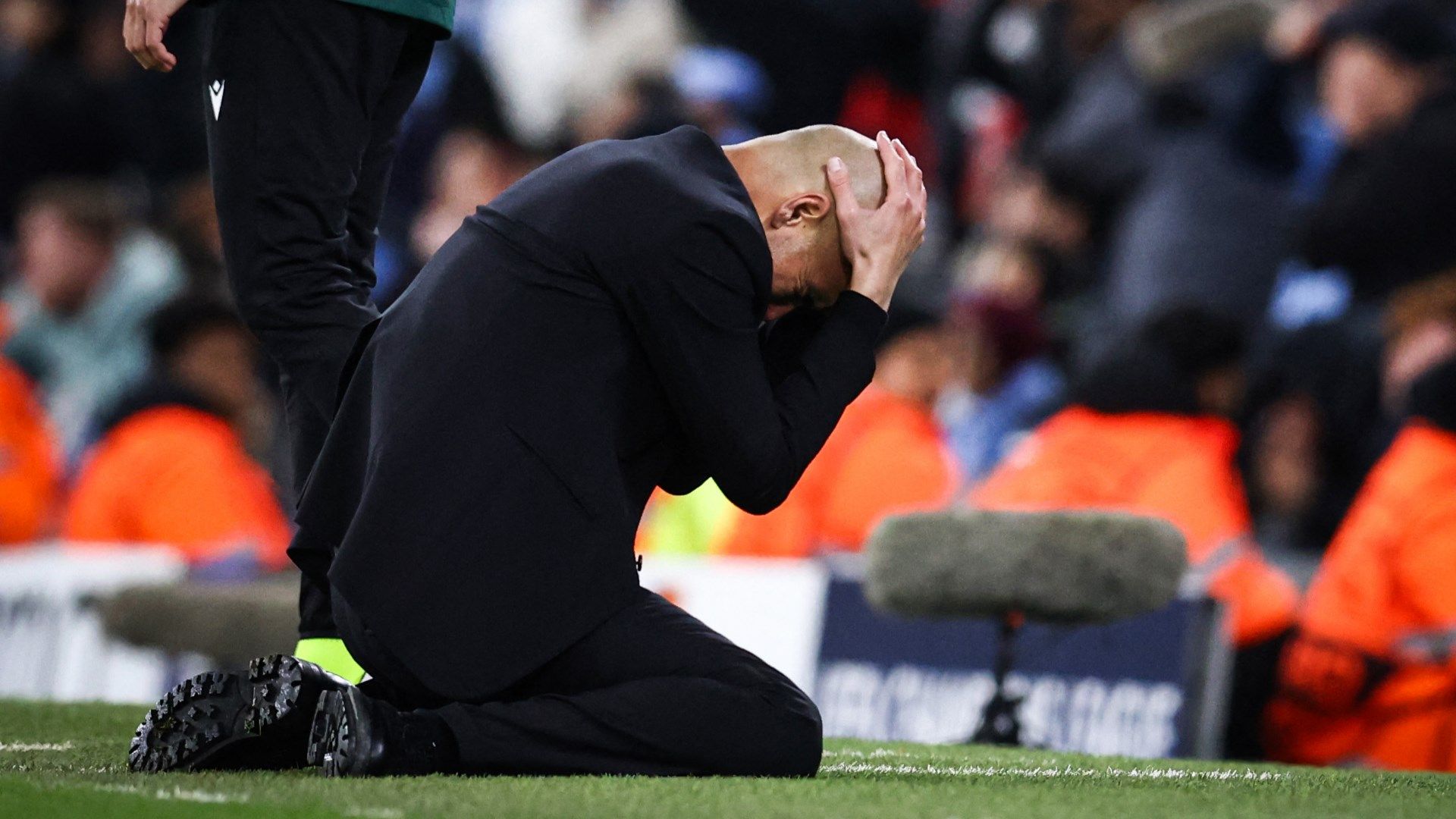.jpg?auto=webp&format=pjpg&width=640&quality=60)
